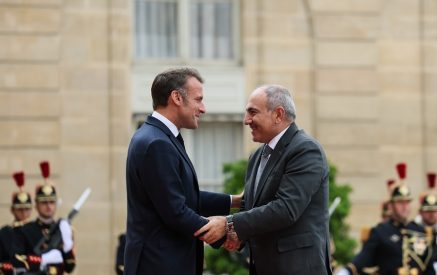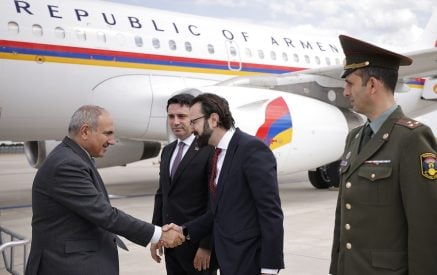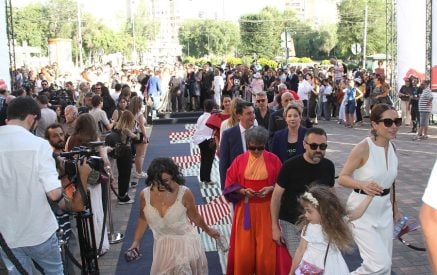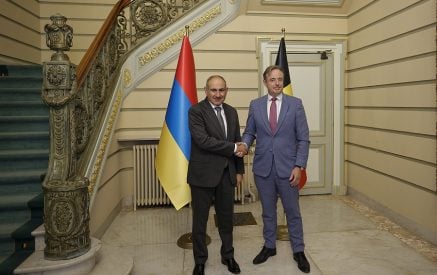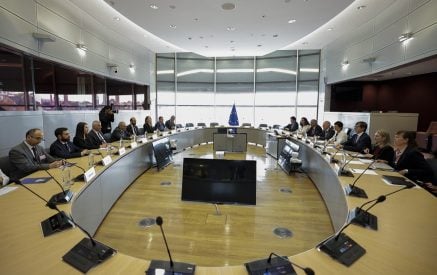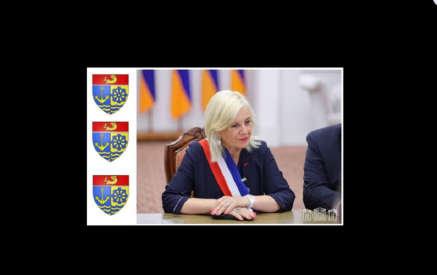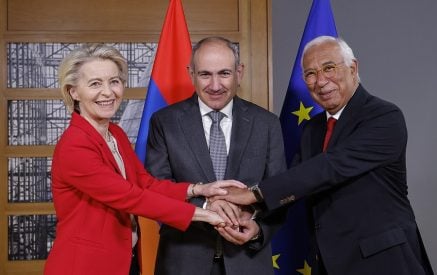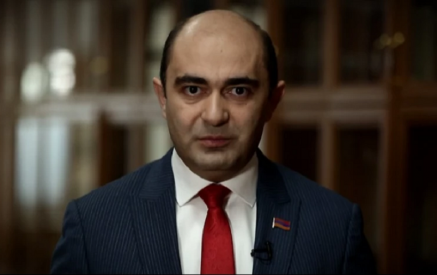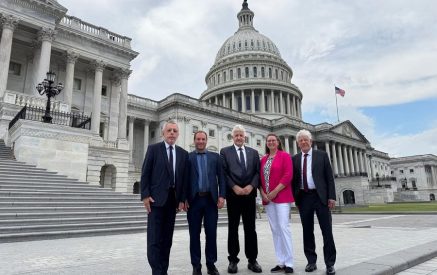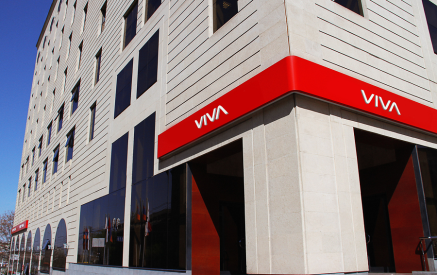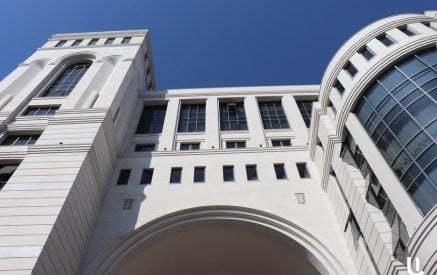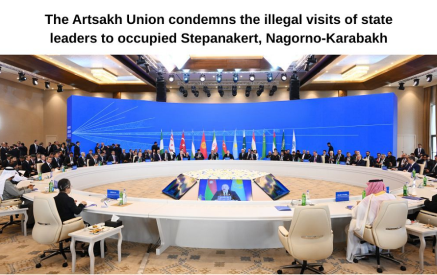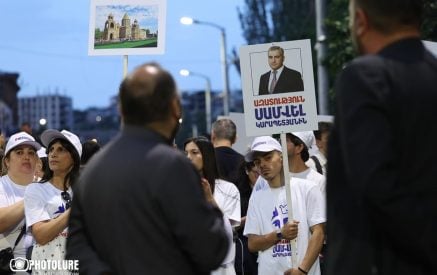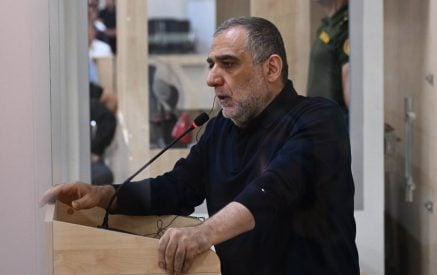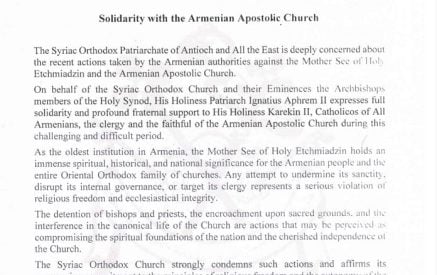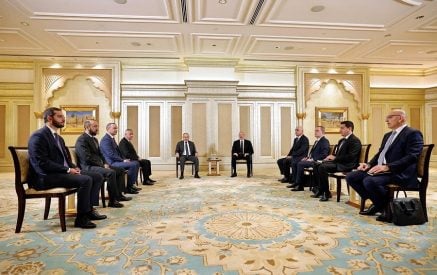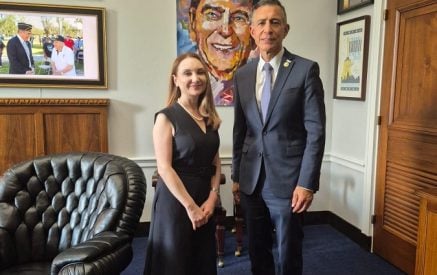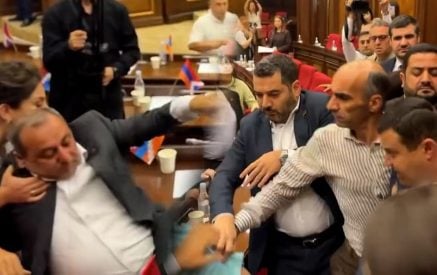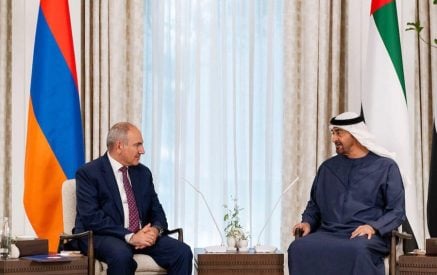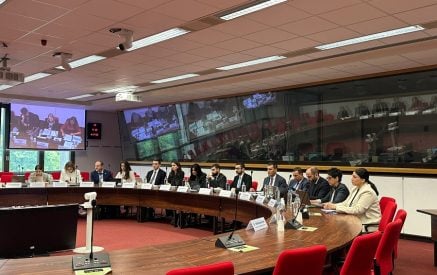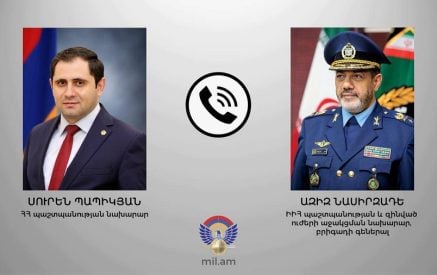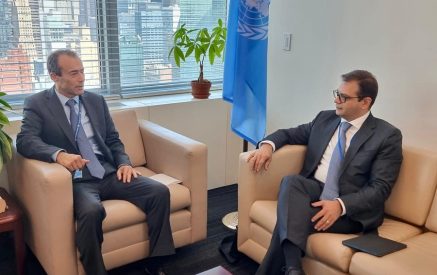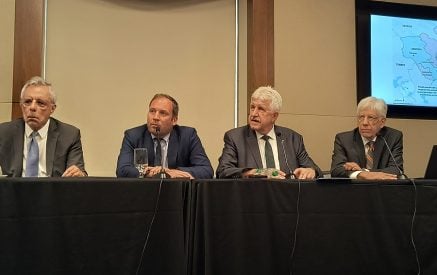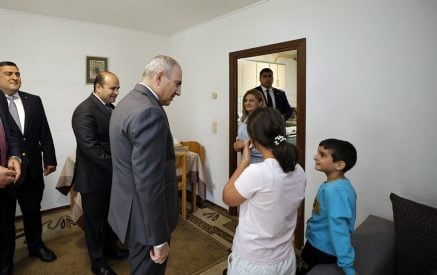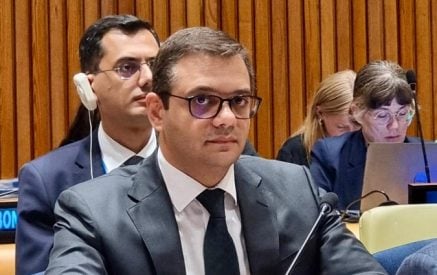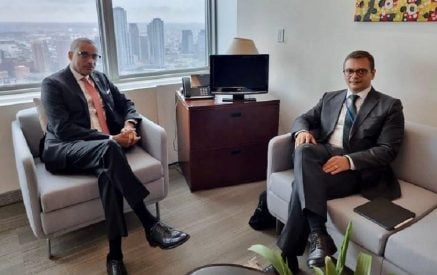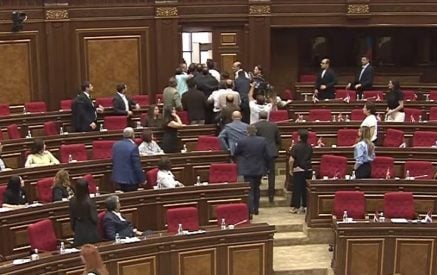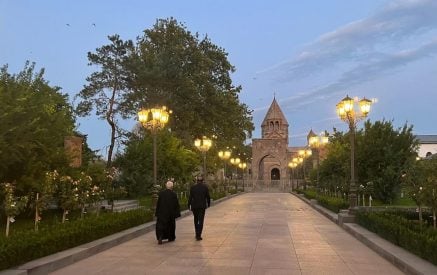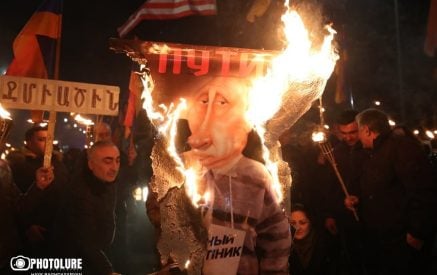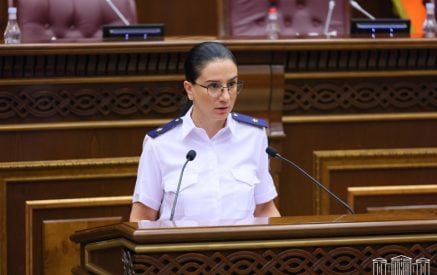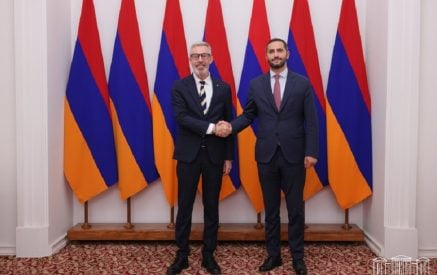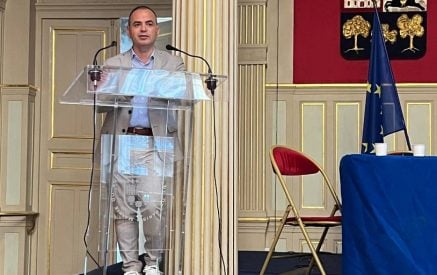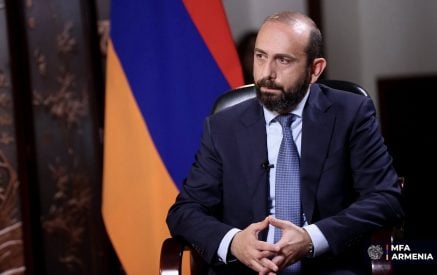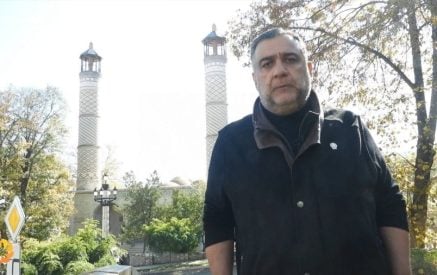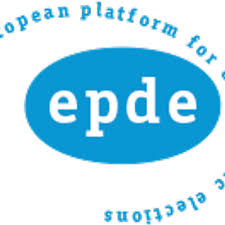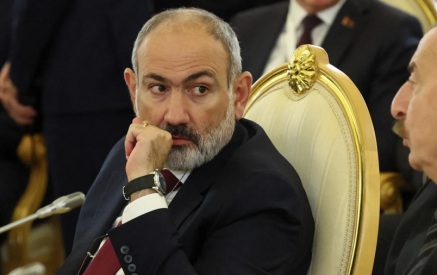Smokescreen: How pseudo-public organizations simulate civic participation in Russian elections
The European Platform for Democratic Elections (EPDE) publishes a new investigation by the Golos movement.
A low level of real political competition has been a marked characteristic of the 2018 presidential election campaign in the Russian Federation. The low level of political competition has largely been caused by a significant imbalance in resources that the candidates possess. Abuses of administrative resources are the most evident example. Monopoly of this resource has led to the fact that virtually the surname of only one candidate is mentioned in the reports of violations sent to the “Golos” movement by voters from all over the country.
One of the most important features of the 2018 presidential election is the show of active involvement of the public in the election campaign. Supposed broad public participation is meant to give greater legitimacy to the electoral process, to the individual candidates’ campaigns, and to the results of the election. Implementation of this strategy occurs at all stages of the election campaign—from candidate nomination, through signature collection and pre-election campaigning, to election monitoring and voting.
For example, signature collection in favour of the nomination of Vladimir Putin was carried out by the public movement “Volunteers of Victory” and the activists of the “Student Campaign Headquarters” supporting Vladimir Putin. Not only political parties supported Putin’s nomination, but also many public organizations and movements whose representatives were included in the list of authorized representatives of the candidate.
The culmination of public participation in the 2018 election campaign ostensibly planned by the authorities should be large-scale “public monitoring,” which, according to the recently adopted amendments to the legislation, can now be carried out by public chambers that can send observers to polling stations. In the regions, there are reports of thousands of observers who are prepared to go to polling stations, mostly from the so-called “network NGOs”: organizations of veterans, students, trade unions, volunteers, etc., representing the interests of certain social groups.
At the same time, these public organizations and movements appear to receive substantial state support—both in the form of direct financing, and by being allowed to use state and municipal property, by receiving information support, and through payment of salaries to their regional coordinators who work for budgetary institutions, different forms of authorities, and the local self-government.
The simulation of the political process in Russia today looks like a conscious strategy whose goal is to replace real political activity in elections. Such substitution can become a serious challenge not only for the institution of elections, but for the entire civil society in the country.
Conclusions of the investigation:
– The “Volunteers of Victory” organization, which collected signatures in support of Vladimir Putin’s nomination as a presidential candidate, receives significant financial and other material state support. The most large-scale activities and events of the organization are held with the direct participation of federal agencies. In the regions, the “Volunteers of Victory” are primarily based at budgetary institutions, including universities, or other public organizations that have state support, where their coordinators receive salaries. Essentially, the crucial infrastructure for the “Volunteers of Victory” organization is created at the expense of budget funds to provide salaries, office space, and office equipment.
– In at least 40 out of 76 regions where “Volunteers of Victory” have branches, coordinators of the organization are employees of government bodies, the local government, or budgetary institutions. And almost in all the cases, the official duties of these employees are directly related to supervision of volunteerism, youth policy, or patriotic education. Such support from the state budgets of all levels in effect amounts to indirect state funding for the election campaign of the candidate supported by the organization. It violates the principles of candidate equality and political neutrality of officials working in government, local government, or budget organizations.
– “Volunteers of Victory” are closely connected with other youth and school associations controlled by the structures of the Federal Agency for Youth Affairs and by regional and local administrations: “Russian Movement of Schoolchildren,” “Russian Youth Union,” “Russian Student Groups,” trade union activists, participants in the “Snow Troopers” events, youth parliaments, “Young Lawyers of Russia,” and others. Often, they have common founders, and activists are simultaneously members of several organizations.
– “Student Unions of Putin’s Supporters” and the para-state election observation associations draw on human resources from the same aforementioned organizations.
– The activities of “Volunteers of Victory,” which has a legal registration and formally declared its participation in the election campaign on behalf of one of the presidential candidates, are subject to the restrictions established in the electoral law, which do not allow legal persons to perform free work or provide free services to candidates.
– Youth para-state election monitoring organizations perform solely the function of creating the illusion of mass monitoring at polling stations. The real curators and public speakers are their “older comrades” from other organizations that are closely related to each other. Most of them have service experience in law enforcement agencies in officer positions. Organizations of veterans of law enforcement agencies have also signed agreements with public chambers to send observers to elections in many regions.
– Yet another confirmation of the simulational nature of the planned monitoring are agreements between regional public chambers and a narrow circle of NGOs loyal to the authorities that had not previously monitored elections and that ignore professional monitoring associations.
– The totality of the organizations described above actually represent a unified system—a new reincarnation of the Pioneer and Komsomol organizations, only with a looser structure. This system is a pseudo-public, para-bureaucratic structure that covers all the stages of the election campaign: signature collection, campaigning, and election monitoring.
– The task of the created structure is not limited to creating a simulation of broad and active public support for a specific candidate and legitimization of election results through pseudo-social monitoring. The organizations described herein are also used by their supervisors for “hostile takeovers” of already existing public initiatives.


